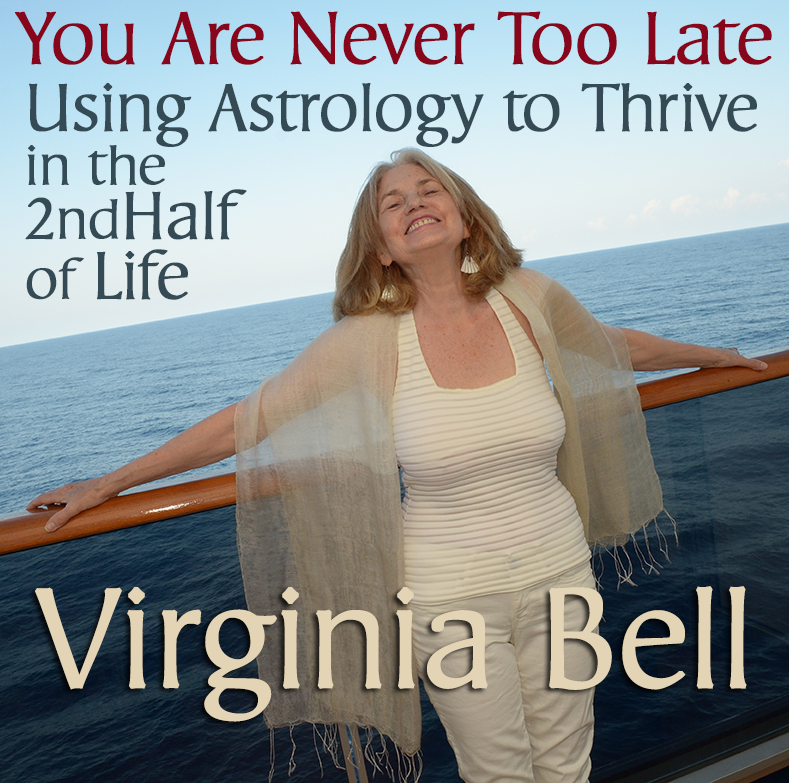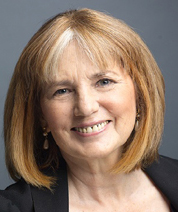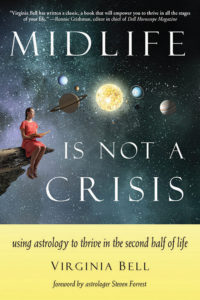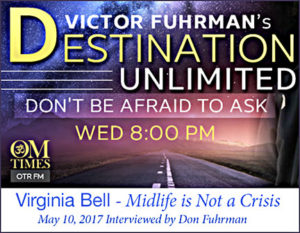There’s a saying, “One door closes and another one opens but it’s hell in the hallway.” I believe it’s Holy in the Hallway! The “hallway” is that in-between place when one chapter of our life is over and a new one hasn’t yet begun. You know what I mean: a major relationship ends, our career implodes, there’s an illness or loss or perhaps like now, we’re in the midst of a global crisis and the whole world is on hold. Welcome to the hallway!
The hallway is a confusing, ill-defined place and it can feel as if we’re drifting in a thick fog. The Jungians call this state, liminal. The word liminality is derived from the Latin word, limen, meaning threshold. Liminality is the transitional period or phase of a rite of passage. The author and artist SARK calls this “the marvelous, messy middle.” William Bridges (author of The Way of Transition) describes it as the Neutral Zone.
“The very things we now wish that we could hold onto and keep safe from change were in themselves originally produced by change.” -William Bridges
According to Bridges, change is a situational shift; we move cross country, we get married, or get divorced. Transition, on the other hand is the process of coming to terms with change, releasing the ways things used to be and adapting to the new way they become. If we don’t take the time for transition or if transition is interrupted, the change is not complete, and nothing is really different. Transition is a three-phase process: there’s an ending, followed by what he calls the “neutral zone” and finally a beginning. The neutral zone (the hallway or Messy Middle), is an uncomfortable and untethered place, and not at all popular – but it’s absolutely necessary.
“One must be thrust out of a finished cycle in life and …part with one’s faith, one’s love, when one would rather renew the faith and recreate the passion.” -Anais Nin
In a sense, we’re all in the hallway right now during this current pandemic. It can feel particularly frightening because of the lack of certainty, both in the world and in our own lives. And yet this liminal state, this hallway phase, is essential if one is going to transform and heal. It is a very tender and fertile state, a creative period, a “time out of time.”
“Do you have the patience to wait till the mud settles and the water is clean? Can you remain unmoving till the right action arises by itself?” -Lao Tzu
Today the world moves fast and speed is valued over depth; information over knowledge. Slowing down, being still, and waiting is not trendy or sexy. Yet this rite of passage is highly underrated. It is a scary time but also a sacred one. What’s important is to learn to become comfortable in the uncertainty, create room for the unknown, and make friends with the fear and for all our feelings. Once we surrender and stop judging we can discover the “marvelous in the messy!” That’s when the real magic begins. This special and sacred time can be an opportunity to reevaluate what we want and what’s truly important.
Call the Midwife!
A number of astrologers and spiritual teachers have called this period we’re in a portal, an opening or a time of reckoning. Something in us and in the world is trying to be born. In a sense, we’re all in labor. What do you want to give birth to? Use the energy of this time to find your voice, speak your truth, or simply take wonderful care of yourself or perhaps, like they say in The Lion King, “Remember who you are.” All is well, you are loved, Virginia
“Going nowhere …isn’t about turning your back on the world; it’s about stepping away now and then so that you can see the world more clearly and love it more deeply.” -Pico Iyer (The Art of Stillness: The Adventure of Going Nowhere.)



